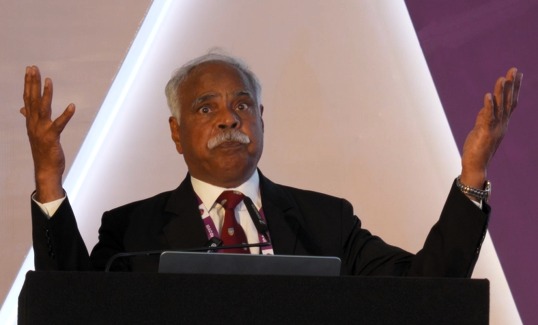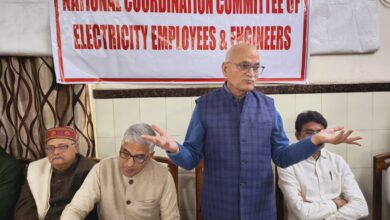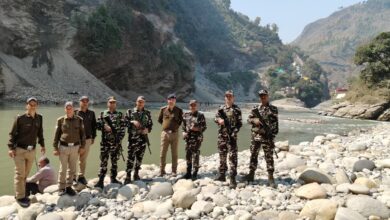7D Strategy Key to Prevention, Awareness, and Effective Healthcare: President AIIMS, Guwahati Prof. B. K. S. Sanjay

7D Strategy Key to Prevention, Awareness, and Effective Healthcare: President AIIMS, Guwahati Prof. B. K. S. Sanjay
Dehradun, Dec 20
President, AIIMS Guwahati, Prof. B. K. S. Sanjay, Padma Shri awardee, highlighted that orthopaedic surgeons must go beyond the operation theatre to focus on public health, injury prevention, and community awareness. Speaking at IOACON 2025 in Guwahati, he noted that a surgeon’s responsibility extends beyond performing procedures and includes contributing to overall societal well-being.
He further underscored the importance of teamwork, ethical medical practice, effective communication, and empathy, urging orthopaedic surgeons to act not only as clinicians but also as counsellors and educators for patients and their families, actively sharing their expertise with the community.
Introducing the 7D Strategy—Document, Display, Demonstrate, Disseminate, Dialogue, Decision, and Delivery, Prof. Sanjay explained that this approach is an expansion of his earlier 3D strategy, aimed at strengthening awareness, preventive care, and effective healthcare delivery. He called upon medical professionals to contribute to societal welfare, including through charity-based initiatives, emphasising that nation-building and the vision of Viksit Bharat require collective efforts from citizens, policymakers, and healthcare professionals alike.
Orthopaedic and spine surgeon Dr. Gaurav Sanjay also presented his clinical research and experience on foot deformities, knee arthritis, and hip fractures. He emphasized that in cases of deformities, sooner the correction, the better the results.






